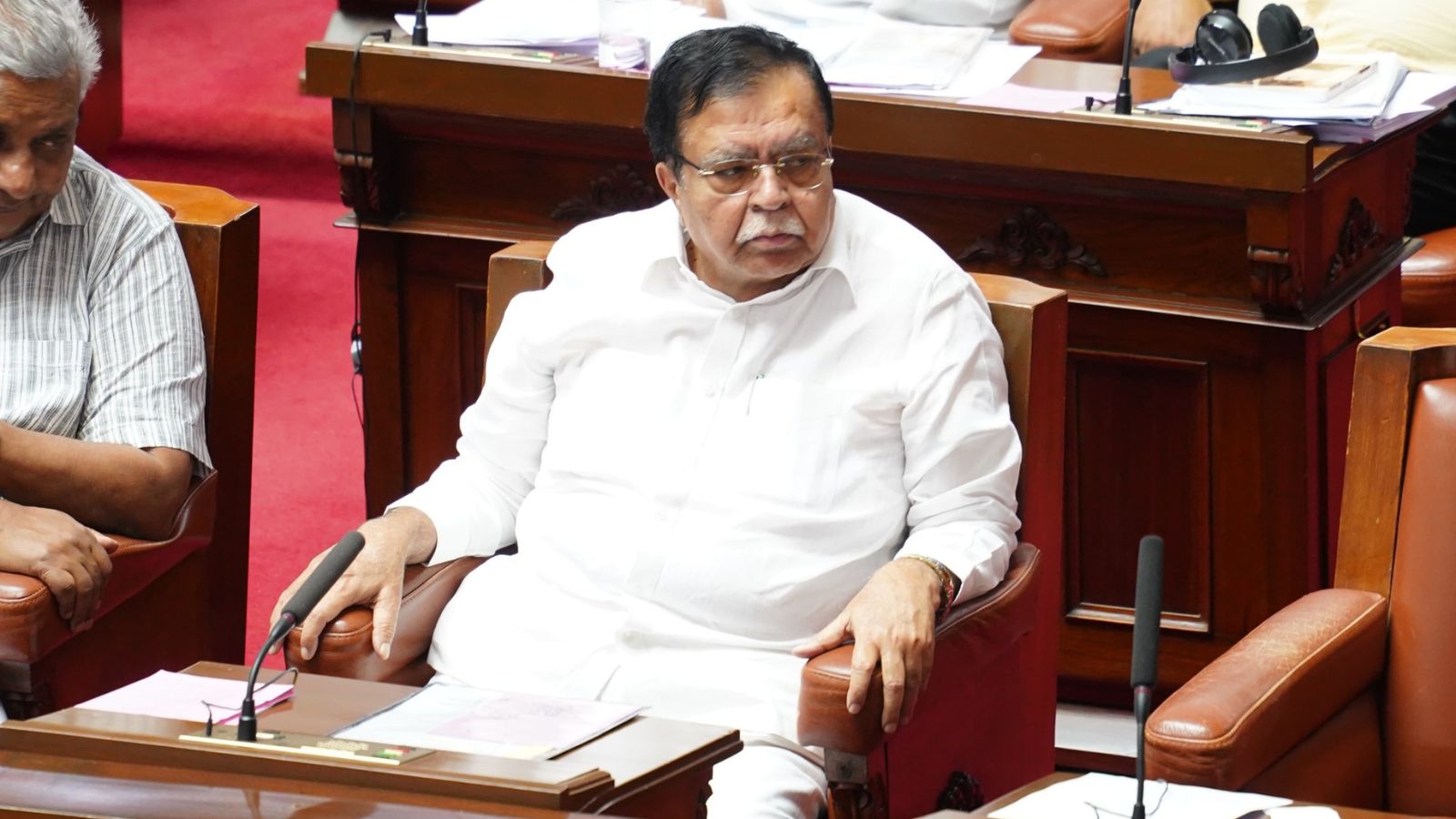The Waqf (Amendment) Bill, 2025 has ignited a fierce political debate in the Indian Parliament, with sharp exchanges between the ruling party and the opposition. The bill, which seeks to introduce reforms in the management of Waqf properties, was passed in the Lok Sabha after an intense 12-hour debate, with 288 members voting in favor and 232 against. It is now set to be discussed in the Rajya Sabha, where further heated deliberations are expected.
 Union Home Minister Amit Shah defended the bill, stating that it aims to bring transparency and efficiency to the administration of Waqf properties, countering allegations that it interferes with religious matters. He accused the opposition, particularly the Congress party, of spreading misinformation and fear-mongering. Shah insisted that the legislation was not an attack on religious rights but rather a step towards better governance of Waqf assets.
Union Home Minister Amit Shah defended the bill, stating that it aims to bring transparency and efficiency to the administration of Waqf properties, countering allegations that it interferes with religious matters. He accused the opposition, particularly the Congress party, of spreading misinformation and fear-mongering. Shah insisted that the legislation was not an attack on religious rights but rather a step towards better governance of Waqf assets.
However, the bill has faced strong opposition from various quarters. Congress leader Ajay Rai criticized the government for acting unilaterally, arguing that the bill was introduced in haste without consulting opposition parties. He accused the ruling BJP of disregarding democratic processes and making decisions that could have long-term consequences on minority rights.
TMC MP Nadimul Haque raised concerns over a provision in the bill that requires an individual to practice Islam for a minimum of five years before creating Waqf. He questioned the practicality of such a condition, asking who would have the authority to certify an individual’s religious adherence. He termed the provision unconstitutional, citing Article 14, which guarantees equality before the law.
In a dramatic turn during the Lok Sabha debate, AIMIM Chief Asaduddin Owaisi symbolically tore a copy of the bill, calling it an attack on the Muslim community. He argued that the bill selectively targets Waqf properties while failing to introduce similar laws for properties of other religious communities. BJP MP Jagdambika Pal countered this claim, asserting that laws already exist for the management of Hindu religious properties.
Adding to the controversy, J&K Assembly Speaker Abdul Rahim Rather voiced concerns that the bill could infringe upon Article 25, which guarantees freedom of religion. Meanwhile, Congress MP Rahul Gandhi warned that the legislation set a dangerous precedent, arguing that it was not just an issue concerning Muslims but a broader attack on India’s constitutional values.
The bill has also sparked reactions outside Parliament. In Madhya Pradesh, a section of the Muslim community welcomed the legislation, arguing that it would prevent the misuse of Waqf properties and benefit underprivileged members of the community. Supporters gathered at Rahmat Masjid in Bhopal, thanking Prime Minister Narendra Modi for what they saw as a move to safeguard Waqf land.
The ruling BJP remains firm in its stance, with leaders like Kiren Rijiju emphasizing that the bill does not seek to harm religious sentiments but merely to introduce regulatory oversight. He pointed out that Waqf properties have increased significantly over the years, and proper governance mechanisms are necessary to ensure their intended use.
As the bill moves to the Rajya Sabha, the political battle is expected to continue. With the opposition determined to challenge its provisions and the government standing resolute, the debate over the Waqf (Amendment) Bill, 2025 has become a significant moment in India’s legislative landscape. Whether it ultimately strengthens governance or exacerbates communal tensions remains a question that will be answered in the days to come.




